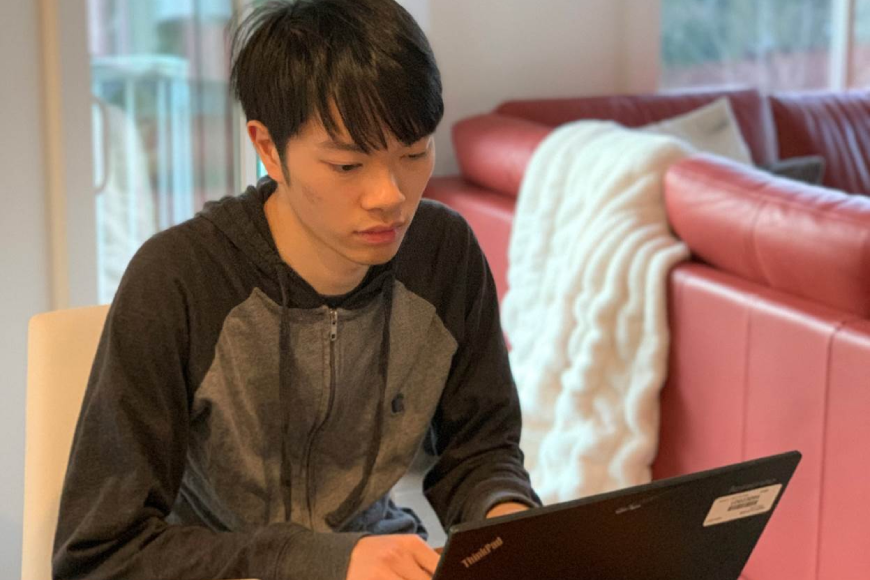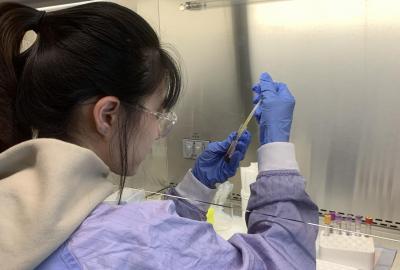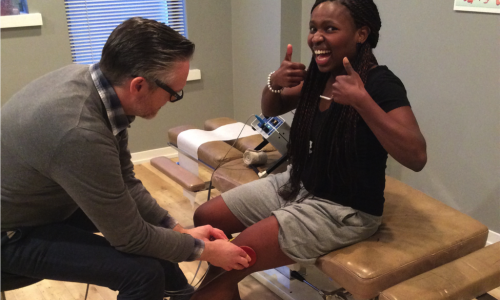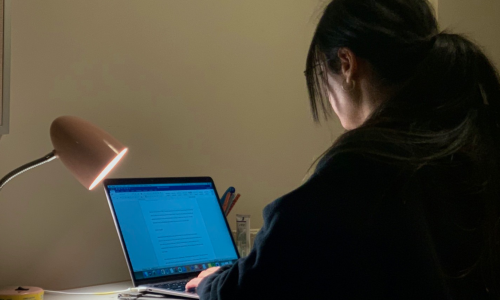
During the Spring 2020 semester, I had the opportunity to work at Vancouver Coastal Health at the Clinical & Systems Transformation (CST) project as a Jr. Business Analyst. I worked with the Order Sets team which oversaw converting pre-printed orders (these are standardized instructions on how to address different medical issues or procedures) onto computerized provider order entries for improved accuracy, greater consistency, and more evidence-based care to patients.
After three quarters through the semester, our entire team was made to work from home due to the COVID-19 pandemic. Over the next month, I got to experience firsthand what it is like to work remotely away from the office. Seeing how my team adapted to the situation helped me to determine what worked and didn’t work for me.
What Worked?
Everyday at 8:30am, we would start the day by having a quick call to gauge how everyone was doing and engage in lighthearted discussions. Usually, we would discuss very general updates that involved our team. Sometimes, we would also talk about what we were watching on Netflix or what plans we had for the weekend. I didn’t understand the purpose of this at first, as the meeting was not entirely work or process related.
However, after a week of starting everyday at 8:30am with a team call I began to understand and appreciate the simple times spent with my coworkers. This early call served as a moral booster and allowed us to start our day fresh by keeping our spirits up during the trying times of budget cuts and COVID-19.
Our team also maintained all weekly meetings that we would have in person. This included managers updates, Business Process Question and Answers session, as well as a meeting for all Business Analyst to see what we are all working on. Whenever there were questions that needed to be asked, my coworkers and managers were also readily available through Skype for Business and Zoom for messaging and voice calls. These lines of communication were important to keep when we had to discuss problems or if we had any questions.
What Could I Do Better?
While working from home allows for greater convenience, it is still important to remember to get up and move around from time to time. As I often worked from my room, I soon found myself getting out of bed and walking a few steps to my computer. By the time lunch would come by, I would still have barely left my room. I found not moving all day to be quite tiring.
To address these types of issues, it’s important to keep a routine that is similar to if you had to go to an office. This includes getting dressed and having breakfast before your workday starts rather than doing it later. This will keep you energized for work and will give you a more focused mentality.
Lessons Learned
If you have a typical office job that can be done on a computer, working remotely will likely not significantly change what you do in your job (although it may change how you do it). To summarize what I have learned it would be the following points:
-
It’s good to keep up with your coworkers and ask how they are doing.
-
Maintain clear lines of communication and use new tools if necessary.
-
Remember to stretch and get up once in a while.
-
Maintain a routine even if you work from home.
When you’re working away from the office, you can get caught with distractions or feeling distant from your coworkers. However, with the right processes and tools you can still make your time at home positive and productive.
















